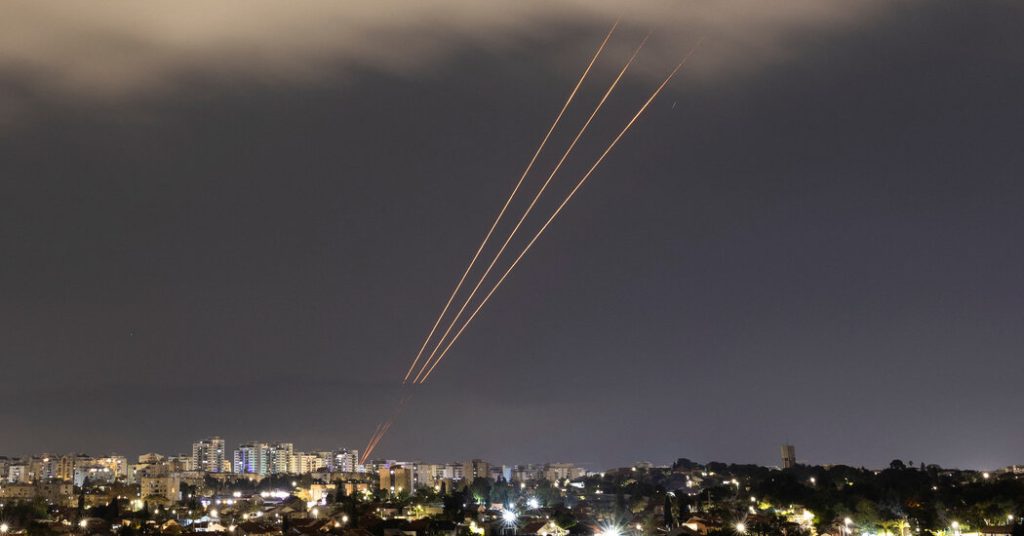The recent incident at a soccer match in Tehran’s Aryamehr Stadium, where spectators loudly interrupted a moment of silence for Revolutionary Guards killed in an Israeli airstrike, highlights a growing public sentiment in Iran against the regime’s obsession with destroying Israel. Many Iranians see this fixation as a costly distraction from the regime’s brutal crackdown on its own people, particularly in the wake of a nationwide protest uprising that began in September 2022. The regime’s support for Hamas and preference for Israel remaining stuck in conflict with Gaza and the West Bank serve to divert attention from its domestic repression and regional imperialist ambitions.
Iran’s use of proxies like Hezbollah to target Israel enables Tehran to maintain a level of influence and pressure on the region, including in Lebanon, Syria, Iraq, and Yemen. Despite being seen as a paper tiger by some, Iran still possesses the capability to unleash thousands of rockets with various ranges, including some with precision guidance that could inflict significant damage on Israel’s infrastructure. However, the recent events at the soccer match signify a significant boost for what the author refers to as the Inclusion Network in the Middle East, composed of more open and connected countries such as Jordan, Saudi Arabia, Bahrain, the United Arab Emirates, Egypt, Israel, and NATO allies, while dealing a setback to the Resistance Network, comprising closed and autocratic systems like Iran, Hamas, Hezbollah, the Houthis, and Iran’s Shiite militias in Iraq.
The incident at the soccer match reflects a broader shift in public sentiment within Iran, where people are becoming less afraid to publicly criticize the regime’s anti-Israel stance and its diversionary tactics. The regime’s violent crackdown on protesters and dissidents has further fueled discontent and resistance among the population, with thousands killed and many more arrested since the outbreak of nationwide protests. By highlighting the regime’s priorities and tactics, stories like the soccer match disruption serve to expose the regime’s efforts to maintain control and divert attention away from internal problems.
The ongoing conflict between Iran and Israel, as well as Iran’s support for groups like Hamas, Hezbollah, and others, serves as a means for Iran to project influence and distract attention from its domestic issues and regional ambitions. By keeping the focus on Israel, Iran seeks to avoid scrutiny of its crackdown on democracy protesters and its activities in Lebanon, Syria, Iraq, and Yemen. However, the tide may be turning, as evidenced by the disruption at the soccer match, which suggests a growing willingness among Iranians to challenge the regime’s priorities and narratives.
The geopolitical implications of the disruption at the soccer match are significant, as it represents a setback for the Resistance Network and its backers like Russia, while bolstering the Inclusion Network and its more open and connected allies. The recalibration necessitated by events like these may signal a shift in regional dynamics and alliances, as countries in the Middle East reassess their relationships and strategies in response to changing public sentiment and political developments. Ultimately, the disruption at the soccer match underscores the complex interplay of domestic discontent, regional conflicts, and international relations in the Middle East, with implications for the balance of power and influence in the region.








